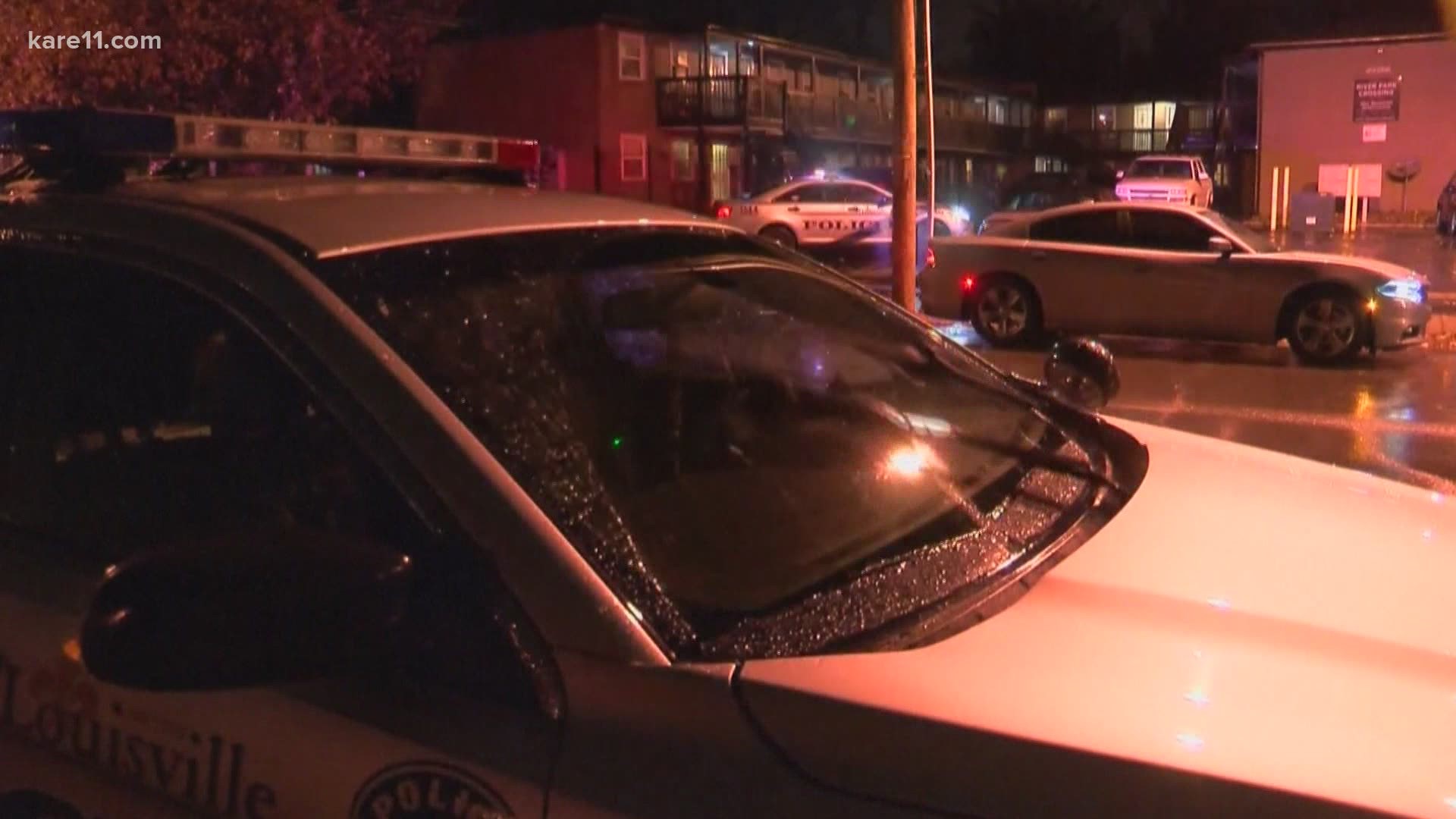MINNEAPOLIS — The Louisville Metro police officers who were at 26-year-old Breonna Taylor's apartment claim that they announced themselves before breaking down her door.
On Wednesday, the Grand Jury in Kentucky announced one officer will be indicted on three counts of felony "wanton endangerment" in the shooting death of Taylor. The other two will not face criminal charges.
While there are disputes to the claim that police announced themselves while executing the warrant, that got us wondering about no-knock warrants in general.
That has since been banned in the city of Louisville under Breonna's Law, one of several items of reform the family has asked the city for.
While the ordinance will not bring back Taylor, it did bring some change to the Louisville Metro Police Department.
"The ban is intended to prohibit what happened, the tragedy that happened in her case," University of St. Thomas Associate professor of Law Rachel Moran said. Moran focuses her research on police reform and issues with police accountability. "Which is police arriving ostensibly unannounced--there's some dispute about that-- arriving unannounced and then frightening the people inside the home, one of whom then started firing shots, and police as we know fired back and killed Ms. Taylor."
Moran said the no-knock warrant gained popularity when the War On Drugs campaign started.
"The idea behind the no-knock warrant is either the person is dangerous, or they are likely to destroy evidence," Moran said. She added that the no-knock warrant is dangerous.
"Particularly when there is the possibility of misinformation as it was the case in Ms. Taylor's situation," she said. "Police believed at the time that she was still living with who they thought was the target of their warrant. She wasn't. That person wasn't even around."
Moran says Taylor was one of many victims of failed no-knock warrant executions. Just read the 2014 report from the ACLU...it details dozens of accounts of botched no knock warrant executions.
"The no-knock warrant is one of the many things I would put in the category of more harmful than helpful," Moran added. "It's not to say that there is absolutely no reasoning behind the idea that you can prevent the destruction of evidence-- I imagine it had happened on many occasions--but it's not justified given the potential and the reality of harm that we see."
On top of the Louisville ordinance, Kentucky senator Rand Paul introduced Justice for Breonna Taylor Act, which proposes banning no-knock warrants throughout the nation.
Moran says many cities are already headed that way.
In Minnesota, no-knock warrants have not been banned out right.
"That's a reform, it's really tragic that it's happening after the fact, it's not doing anything to help Ms. Taylor," Moran said. "Now the city of Louisville has settled with the Taylor family and acknowledging a level of fault in what happened to Ms. Taylor."
The Minneapolis police department said they are allowed to do no-knock warrants but they review every warrant before executing it, even if it has already been approved by a judge.
St. Paul Police said regardless of whether the warrant is a "no-knock" or a "knock and announce," police will clearly announce themselves as "police" at the time of entry.

